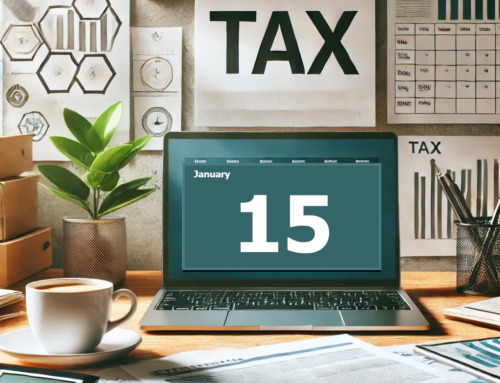Six things for extension filers to remember
Oct. 15 is almost here, and it’s the last day to file for most people who requested an automatic six-month extension for their 2017 tax returns. These taxpayers should remember that they can file any time before Oct. 15 if they have all their required tax documents. They can also pay their tax bill in full, or make a partial payment, anytime, by visiting IRS.gov/payments.
As extension filers prepare to file, here are some things they should know:
- They can still use IRS Free File. Nearly everyone can e-file their tax return for free through IRS Free File. The program is available on IRS.gov now through Oct. 15. IRS e-file is easy, safe and the most accurate way for people to file their taxes. E-file also helps people get all the tax benefits they’re entitled to claim.
- A refund may be waiting. Anyone due a refund should file as soon as possible to get their money. The sooner someone files, the sooner they’ll get it. Don’t forget to use Direct Deposit. It is the best and fastest way for taxpayers to get their tax refund electronically deposited for free into their financial account.
- They should consider IRS Direct Pay. Taxpayers who owe taxes can pay them with IRS Direct Pay. It’s the simple, quick and free way to pay from a checking or savings account. Taxpayers can just click on the ‘Pay’ at IRS.gov.
- Here’s what taxpayers should do about a missed deadline. Anyone who did not request an extension by this year’s April 17 deadline should file and pay as soon as possible. This will stop additional interest and penalties from adding up. IRS Direct Pay offers a free, secure and easy way to pay taxes directly from a checking or savings account. There is no penalty for filing a late return for people who are due a refund.
- Taxpayers should remember the Oct. 15 Deadline. Taxpayers who aren’t ready to file yet should remember to file by Oct. 15 to avoid a failure-to-file penalty. Taxpayers who owe and can’t pay their balance in full should pay as much as they can to reduce interest and penalties for late payment. They can use the Online Payment Agreement tool to apply for more time to pay or set up an installment agreement. In most cases, the failure-to-file penalty is 10 times more than the failure-to-pay penalty.
- More Time for the Military. Members of the military and others serving in a combat zone get more time to file. These taxpayers typically have until at least 180 days after they leave the combat zone to both file returns and pay any taxes due.
NEED HELP? Contact AFSG Today! afsgconsulting.com/contact


